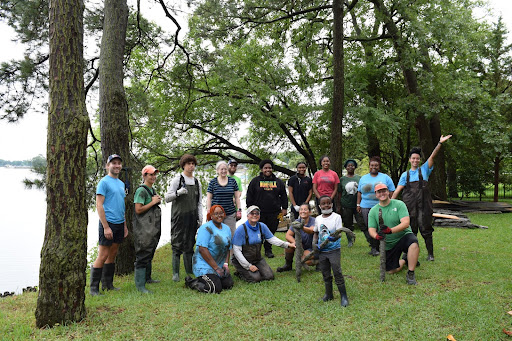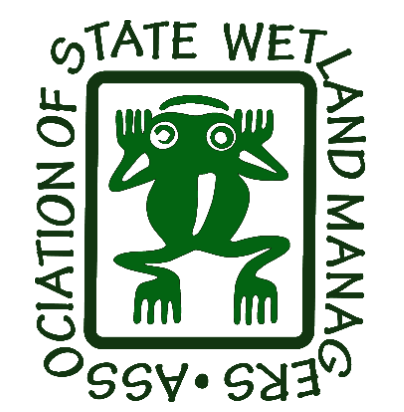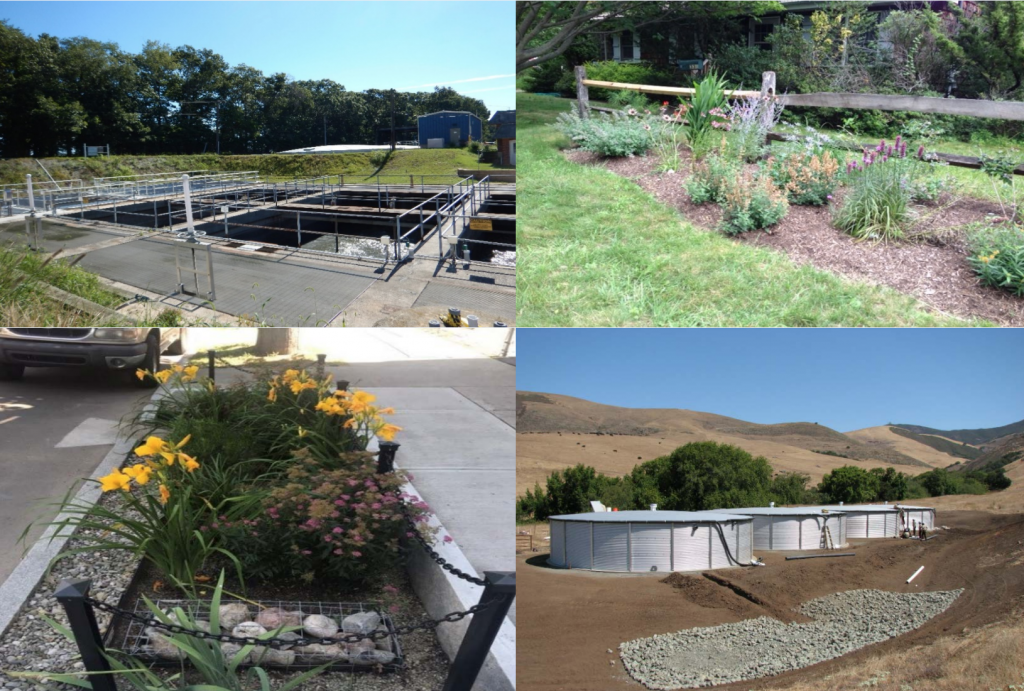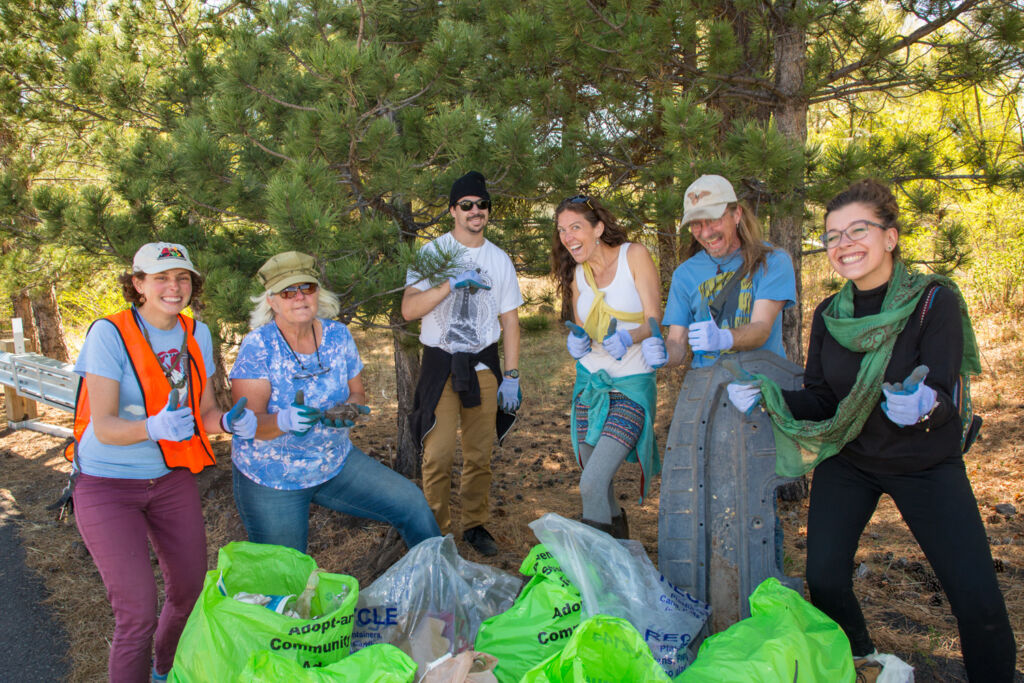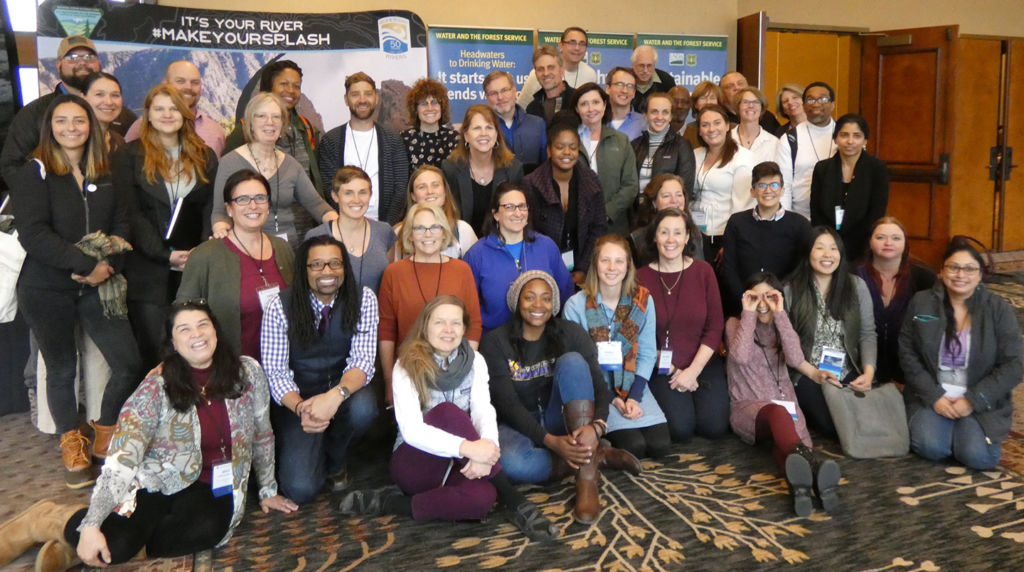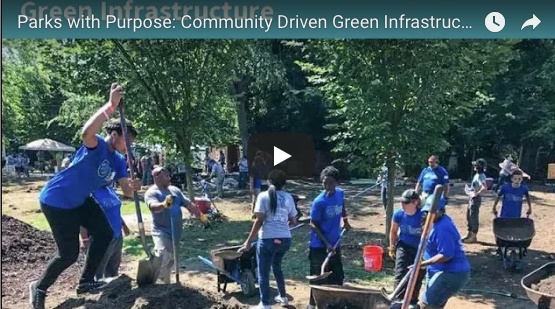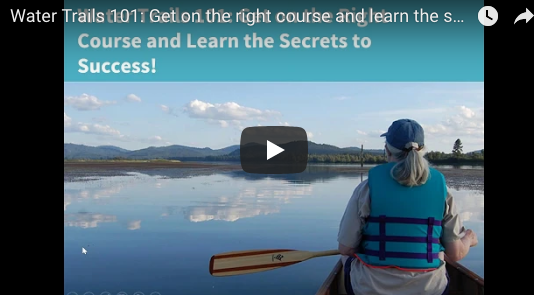watershed planning
May 16, 2023
With issues like vacant lots and urban flooding, the Patapsco Watershed/Baltimore Region Urban Waters Federal Partnership is working with a variety of stakeholders to create solutions through actionable science—or “science you can use”—in the Baltimore region watersheds. Significant strides in greening vacant lots have brought more opportunities and resources to the community; and by prioritizing cross-discipline and cross-jurisdictional partnerships, the Baltimore Actionable Science Flood Team is moving forward work on building community resilience to future flood impacts in the region.
August 25, 2022
Mālama Maunalua and partners are using a holistic approach to restore coastal water systems in Maunalua Bay based on the traditional Hawaiian practice of ahupua‘a. In order to accomplish restoration from the mountains to the reef, local groups work together while educating and engaging the community to improve the overall water quality and decrease flooding in the entire watershed.
April 8, 2022
Once a thriving tidal river, the Eastern Branch of the Elizabeth River became known as the lost branch when it fell from public awareness. Stemming from this lack of awareness, it also became one of the most polluted tributaries in the watershed. The Elizabeth River Project and partners have set out to change that, with public awareness campaigns and multi-sector partnerships to restore urban shorelines with native oysters. Because of these efforts the Chesapeake Bay Program now recognizes the Eastern Branch of the Elizabeth River fully restored for oyster habitat; and there have been significant improvements in water quality demonstrating that large-scale restoration with multiple community partners can restore an once dead urban waterway.
August 6, 2021
The Urban Wetlands Protection and Restoration Guide summarizes the findings of a two-year project carried out by the Association of State Wetland Managers to identify ways to enhance, protect, and restore wetlands within and surrounding urban areas to maximize economic, ecological, and social benefits for urban communities.
May 10, 2021
This report provides a snapshot of recent water reuse projects and initiatives that have been successful across some of the NEP and Urban Waters (UW) partnership locations.
October 26, 2020
Friends of the Rio de Flag (FoRio) is a small nonprofit organization in Flagstaff, AZ working on education, restoration, and river planning within their watershed. With an EPA Environmental Justice Small Grant awarded in 2017, FoRio worked strategically to strengthen relationships in the community by centering environmental justice in their work. FoRio formed partnerships with the City of Flagstaff as well as with residents of the historically segregated Southside Neighborhood where stormwater flooding is a problem.
June 18, 2019
Created in the 1990s, the San Juan Bay Estuary Program (Estuario) is the only tropical estuary in the National Estuary Program. Estuario serves 8 municipalities in the San Juan metropolitan […]
March 12, 2019
People learn from each other, and inspire each other… People exchange ideas and practices and bring them into their own communities… People tackle hard questions and have honest […]
September 17, 2018
Through their Parks with Purpose program, The Conservation Fund and partner organizations are designing and implementing green infrastructure in underserved urban communities while engaging and training residents to make way for lasting change.
September 17, 2018
Join the National Water Trails Learning Network to step through the phases of water trail development, discuss the challenges and successes faced when creating and sustaining river access, and dive into a case study of a successful national water trail.



